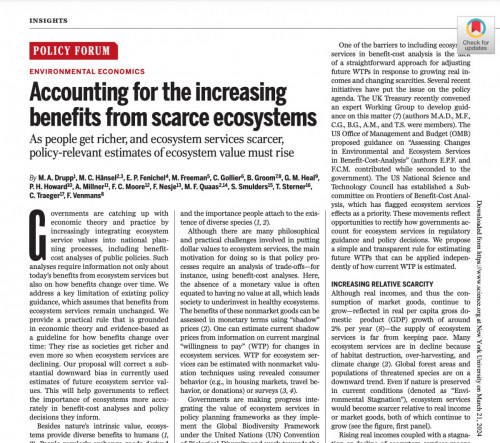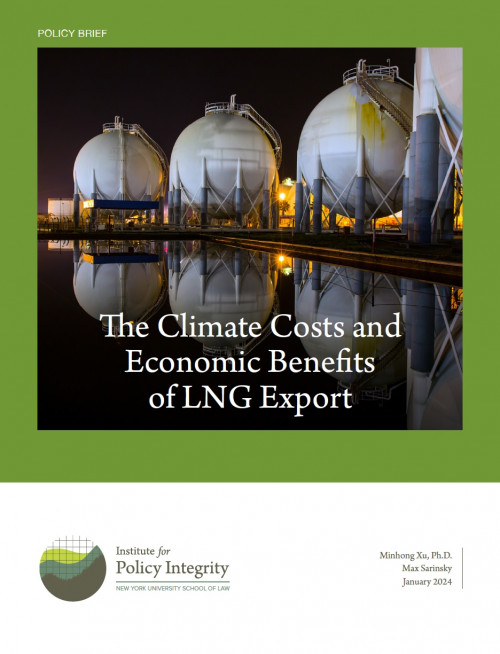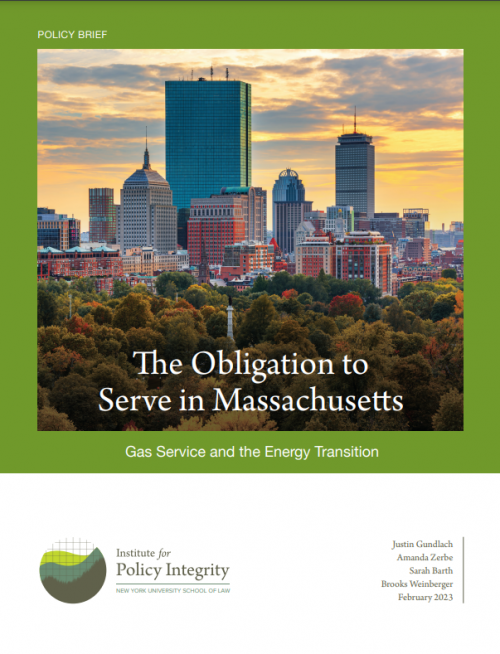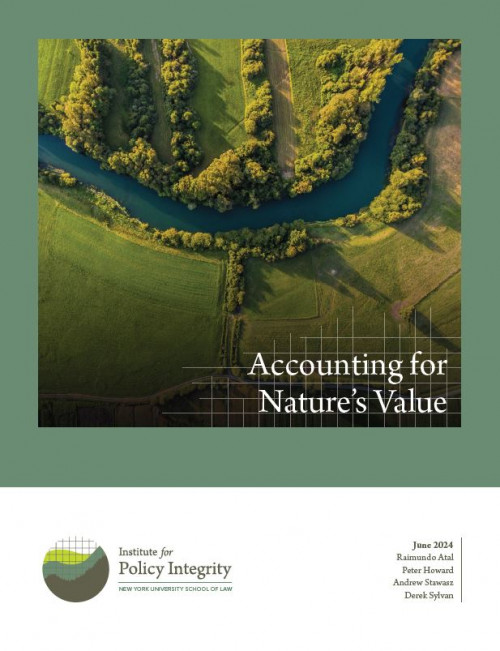-
The Narrow Reinterpretation: The Oil and Gas Industry’s Retreat from the Broad Permitting Authority It Long Embraced
Published in the Harvard Environmental Law Review Online
What's the function of oil and gas permitting agencies? Despite broad statutory grants to federal agencies, oil and gas companies increasingly argue that the role of those agencies is to promote development regardless of whether it is socially desirable. But this “Narrow Reinterpretation,” in addition to lacking textual support, is at odds with longstanding practice. What changed? Not the governing statutes, at least not in pertinent part. But the energy sector has: renewable sources have replaced coal as the primary competitors to oil and gas.
-
Accounting for Nature’s Value
National accounts—which measure a country’s aggregate economic activity, including Gross Domestic Product (GDP)—largely ignore natural capital and ecosystem services. This omission occurs because national accounts heavily rely on market transactions to identify and value economic activity, whereas ecosystems’ contributions occur most commonly outside markets. This leads governments, businesses, and decisionmakers to ignore or misidentify some sources and uses of their income and wealth, skewing their decisionmaking. Recognizing these shortcomings, many countries, including the United States, are increasingly moving towards Natural Capital Accounting (NCA), a system of measuring natural capital and ecosystem services in a way that allows for their integration with national accounts. In this report, we provide an overview of NCA for non-economists.
-

Accounting for the Increasing Benefits From Scarce Ecosystems
As people get richer, and ecosystem services scarcer, policy-relevant estimates of ecosystem value must rise
Governments are catching up with economic theory and practice by increasingly integrating ecosystem service values into national planning processes, including benefit-cost analyses of public policies. Such analyses require information not only about today’s benefits from ecosystem services but also on how benefits change over time. We address a key limitation of existing policy guidance, which assumes that benefits from ecosystem services remain unchanged. We provide a practical rule that is grounded in economic theory and evidence-based as a guideline for how benefits change over time: They rise as societies get richer and even more so when ecosystem services are declining. Our proposal will correct a substantial downward bias in currently used estimates of future ecosystem service values.
-

The Climate Costs and Economic Benefits of LNG Export
Gas provides nearly a quarter of the world’s total energy supply. As part of that supply chain, gas is shipped between continents in the form of liquefied natural gas (LNG). The United States is now the world’s largest LNG exporter following a surge in gas exports since 2016, but these exports have generated controversy due to their climate effects.This policy brief provides an analysis to support an effort to balance the full range of impacts from LNG exports. Using DOE’s own published studies, we compare the climate cost per unit of LNG export to the economic benefit (measured using consumer welfare). We find that climate costs likely exceed economic benefits. While the precise difference depends on several factors, gross climate damages greatly exceed economic benefits under all scenarios evaluated. These findings provide useful insights as DOE prepares to re-evaluate the LNG export program.
-

The Obligation to Serve in Massachusetts
Gas Service and the Energy Transition
In Massachusetts, achieving the state’s decarbonization target in a cost-effective manner will likely require the refusal of new gas service in addition to the termination of existing gas service in certain buildings and its replacement with electric service. The scope of utilities’ legal obligation to serve their customers will be central to those efforts. This brief analyzes the contours of this obligation by examining the relevant Massachusetts statutes, regulations, Public Utility Commission decisions, and case law.
Viewing all publications in Natural Resources


